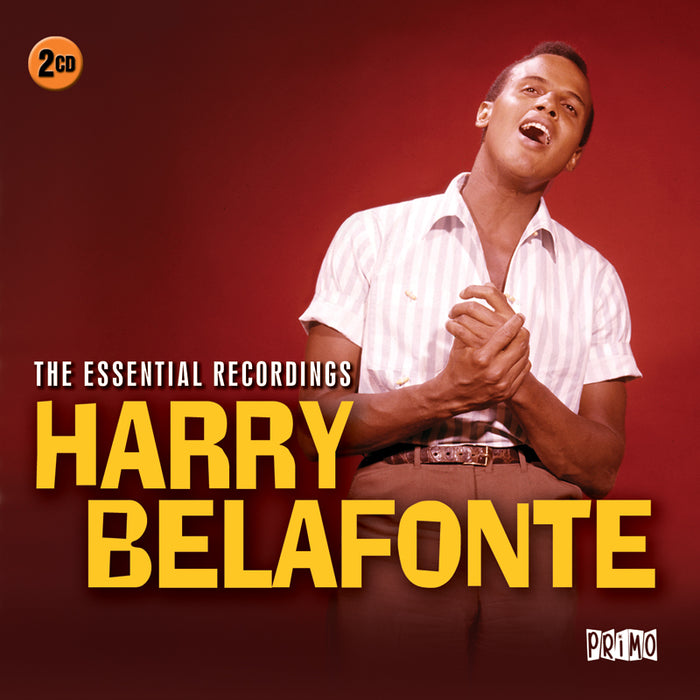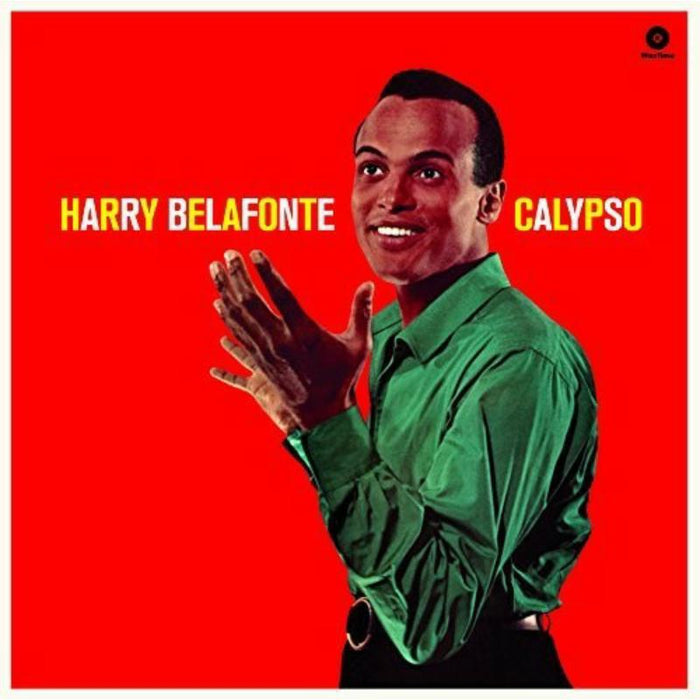Description
HARRY BELAFONTE Matilda, MatildaOriginal 1949-1954 RecordingsWhen Harry Belafonte started his career in showbusiness in the late 1940s, he initially wanted tobecome an actor. Through unforeseenhappenstances, he turned to singing, and indoing so, helped trigger the folk revivalmovement of the 1950s, becoming not only itsmost successful exponent, but also a victim ofhis own success, due to his stereotyping as acalypso performer. But Belafonte was insteadone of the most versatile performers of hisgeneration and a serious folk music historian,something that most music scholars fail torecognize.Harold George Belafonte, Jr was born on1 March 1927 in New York City. He spentmuch of his boyhood in Kingston, Jamaica; hismother sending him there to avoid the travails ofgrowing up as an African American in NewYork. Belafonte's desire for acting came as aresult of hanging around the American NegroTheater in Harlem. While studying at a NewYork dramatic workshop in the late 1940s, hebecame discouraged when he found that rolesfor African Americans were extremely limited.To pay the bills, he performed as an intermissionsinger at the famed Royal Roost nightclub, hometo jazz musicians like Charlie Parker and MilesDavis. This turned into a twenty-weekengagement, resulting in the recording of hisfirst and only single for the club's Roost label inthe spring of 1949. The phrase 'music of thefuture' that was printed on the label proved tobe a misnomer as Belafonte never wascomfortable as a jazz singer. To him, the jazzand pop songs he sang were insincere andinsipid, and so in the middle of an engagementin Miami, he walked off the job.In 1951, Belafonte opened a small dinercalled The Sage in Greenwich Village, using histime off to see folk singers in the Village such asPete Seeger, Big Bill Broonzy and BrownieMcGhee & Sonny Terry. The music theyperformed opened up a whole new world toBelafonte; he began to see the great poeticrichness that America had created in its regionalmusical art. Belafonte then discovered a greatsource of this music at the Library of Congressand spent many hours researching and listening.By November, Belafonte had learned enoughtraditional songs to develop a new act as a folksinger, and was booked to perform at thelegendary Village Vanguard. The club's owner,Max Gordon, called the reaction to Belafonte 'anunexpected and instantaneous explosion', andhe played the club for an unprecedentedfourteen weeks. The success of thisengagement resulted in a recording contractwith RCA Victor the following year, beginning athree-decade long association with the label.This disc showcases the earliest recordingsmade by Harry Belafonte during this criticalperiod in his career when he was making thetransition from jazz crooner to folk singer. Theearliest sides are Belafonte's first and onlyrecordings for the Roost label in April 1949(backed by the Machito orchestra, featuring bopsaxophonist Brew Moore), which include LeanOn Me and Recognition, the latter a Belafont














